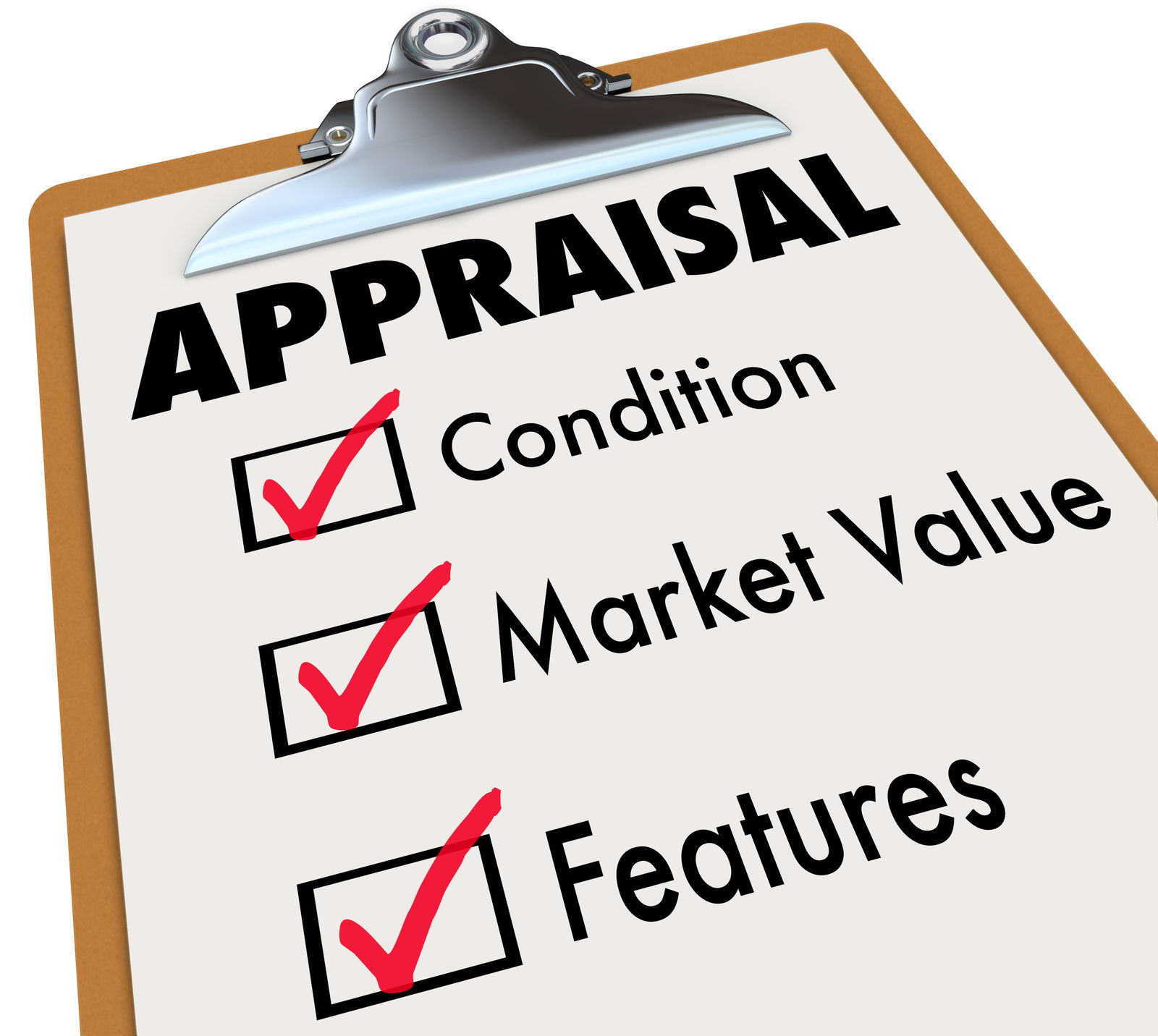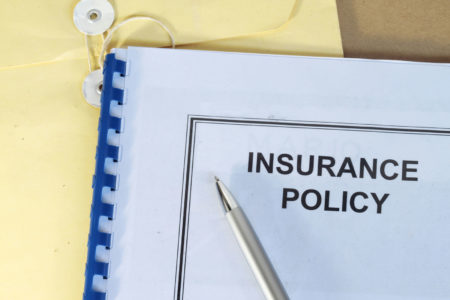How does an insurance company determine the value of a car?

Free Car Insurance Comparison
Compare Quotes From Top Companies and Save
Secured with SHA-256 Encryption
Brad Larson
Licensed Insurance Agent
Brad Larson has been in the insurance industry for over 16 years. He specializes in helping clients navigate the claims process, with a particular emphasis on coverage analysis. He received his bachelor’s degree from the University of Utah in Political Science. He also holds an Associate in Claims (AIC) and Associate in General Insurance (AINS) designations, as well as a Utah Property and Casual...
Licensed Insurance Agent
UPDATED: Jan 5, 2024
It’s all about you. We want to help you make the right coverage choices.
Advertiser Disclosure: We strive to help you make confident car insurance decisions. Comparison shopping should be easy. We are not affiliated with any one car insurance provider and cannot guarantee quotes from any single provider. Our partnerships don’t influence our content. Our opinions are our own. To compare quotes from many different companies please enter your ZIP code on this page to use the free quote tool. The more quotes you compare, the more chances to save.
Editorial Guidelines: We are a free online resource for anyone interested in learning more about car insurance. Our goal is to be an objective, third-party resource for everything car insurance-related. We update our site regularly, and all content is reviewed by car insurance experts.
UPDATED: Jan 5, 2024
It’s all about you. We want to help you make the right coverage choices.
Advertiser Disclosure: We strive to help you make confident car insurance decisions. Comparison shopping should be easy. We are not affiliated with any one car insurance provider and cannot guarantee quotes from any single provider. Our partnerships don’t influence our content. Our opinions are our own. To compare quotes from many different companies please enter your ZIP code on this page to use the free quote tool. The more quotes you compare, the more chances to save.
On This Page
- Actual Cash Value is an insurance term that’s used to represent what a vehicle is worth in the eyes of the insurer
- Actual Cash Value, also known as ACV, is defined as the replacement cost of a vehicle minus its depreciation charge
- A car’s ACV fluctuates because of normal wear and tear. When you file a claim, it’s the adjuster’s who calculates ACV
- The car’s age, cosmetic defects, mechanical condition, features, and mileage can all affect how a car retains its value
- Adjusters will use NADA guides, Kelley Blue Book, sales reports, and ads to come up with a car’s pre-loss value
You buy insurance to help protect you from financial hardship after an incident. If you elect to carry full coverage, you’re able to file a claim for covered damages to your own vehicle against your own policy.
While having a full coverage policy can be a have safeguard, it’s important to know how much your car is worth before you pay optional comprehensive and collision premiums.
Your car might not be worth what you think it is in the eyes of your auto insurance company. Since all insurance companies have to value property before they can cut a check, knowing what has a direct affect on your car’s value is crucial.
Compare auto insurance rates and save today! Enter your zip code above. If you aren’t familiar with the car valuation process, here’s a guide that can help you familiarize yourself:
Is there a limit to how much your insurer will pay for your car?
On some types of property insurance, there’s a stated limit to describe how much the insurer is obligated to pay to repair your property, rebuild it, or replace it.
While auto insurance is a form of property insurance, a car’s value is unique because it suffers a lot more wear and tear than other types of property.
Even though you won’t find a fixed dollar amount on your policy to describe how much a company has to pay you for your car, your declarations page will state that the carrier will only pay up to the car’s Actual Cash Value.
Since Actual Cash Values on cars can literally change from day to day, you won’t see a dollar limit on the policy but you will see ACV.
FREE Car Insurance Comparison
Compare quotes from the top car insurance companies and save!
Secured with SHA-256 Encryption
What does ACV mean?
Your physical damage limit for either comprehensive coverage or collision coverage is the car’s Actual Cash Value, but that doesn’t necessarily explain what Actual Cash Value is.
While it is a very broad term, Actual Cash Value is the insurance term that’s used to describe what a car is worth in its pre-loss condition.
ACV is close to the same thing as the vehicle’s fair market value. The only real difference is that companies who are settling total loss claims will include the following information for a replacement car:
- Estimated sales tax
- Title
- Registration fees
Other than that, the limit is how much the vehicle actually costs on the market today.
What is the difference between Actual Cash Value and Replacement Cost Valuation methods?
Some consumers buy full coverage auto insurance because they believe that it will help them buy a new car if their car is damaged beyond repair.
While some payouts are enough to replace a car, your check isn’t going to be enough to buy a new model unless you add special riders to your policy.
There are two claims valuation methods:
- Actual Cash Value
- Replacement Cost
The standard auto insurance carrier will use an Actual Cash Value method to value your vehicle instead of the latter because cars depreciate rather quickly.
Replacement Cost pays how much the property currently costs to buy so that the policyholder can replace it. Actual Cash Value involves calculating a car’s replacement cost and then subtracting the car’s depreciation charge.
Since depreciation is factored into the valuation process, a payment for ACV will be lower than a payment for Replacement Cost.
Compare quotes from the top car insurance companies and save! Secured with SHA-256 Encryption
How does a carrier calculate depreciation?
Depreciation is one of those charges that is difficult to calculate.
The number that’s used to drive the value of your car down isn’t pulled from thin air. Insurance companies will access depreciation schedules, valuation guides, and other resources to determine if a car is depreciating at a normal rate.
Some of the factors that can affect your ACV include:
- The pre-loss cosmetic condition of your car
- The mechanical condition of your vehicle before the loss
- Whether or not the vehicle has been in a loss before
- If the car has a salvage title you’ll only be given the salvage value
- The vehicle’s age affects how much value the car retains
- How many miles are on the car
- The area you live and whether or not the car is high in demand
You can’t just tell your carrier what you think your vehicle is worth and expect the company to agree with you. A company never wants to pay more than it’s contractually obligated to.
This is why adjusters who are assigned to claims will spend time doing research and crunching the numbers to determine the value of a car when the claim is filed.
FREE Car Insurance Comparison
Compare quotes from the top car insurance companies and save!
Secured with SHA-256 Encryption
How does the adjuster find the information that’s needed to determine ACV?

There’s not just a single tool that can be accessed to value a car.
Most of the agents will use a combination of reports to come up with an average value.
Here are some of the common valuation methods that are used:
- NADA guidebook values
- Kelley Blue Book values
- Sales listing through private sellers and dealers
- Sales records showing how much similar cars in the local area have sold for
Understanding valuation methods is very important when your shopping for coverage. Once you know what your car is worth, you can see if it makes financial sense to pay full coverage premiums on a car that doesn’t hold much value.
To get quotes for coverage, use our online quote comparison tool and then you can decide if you should move forward with full coverage car insurance or not.
FREE Car Insurance Comparison
Compare quotes from the top car insurance companies and save!
Secured with SHA-256 Encryption
Brad Larson
Licensed Insurance Agent
Brad Larson has been in the insurance industry for over 16 years. He specializes in helping clients navigate the claims process, with a particular emphasis on coverage analysis. He received his bachelor’s degree from the University of Utah in Political Science. He also holds an Associate in Claims (AIC) and Associate in General Insurance (AINS) designations, as well as a Utah Property and Casual...
Licensed Insurance Agent
Editorial Guidelines: We are a free online resource for anyone interested in learning more about car insurance. Our goal is to be an objective, third-party resource for everything car insurance-related. We update our site regularly, and all content is reviewed by car insurance experts.
